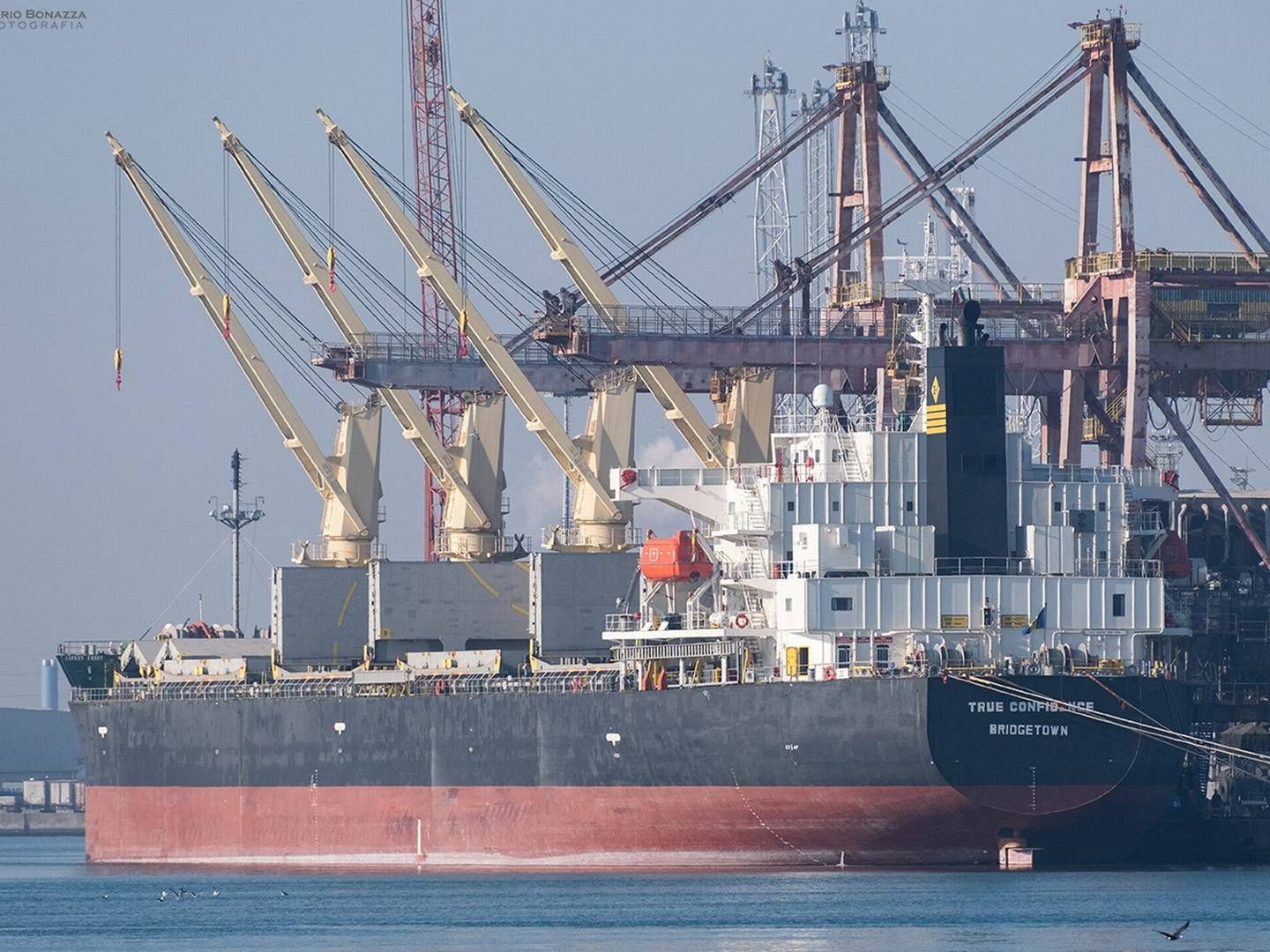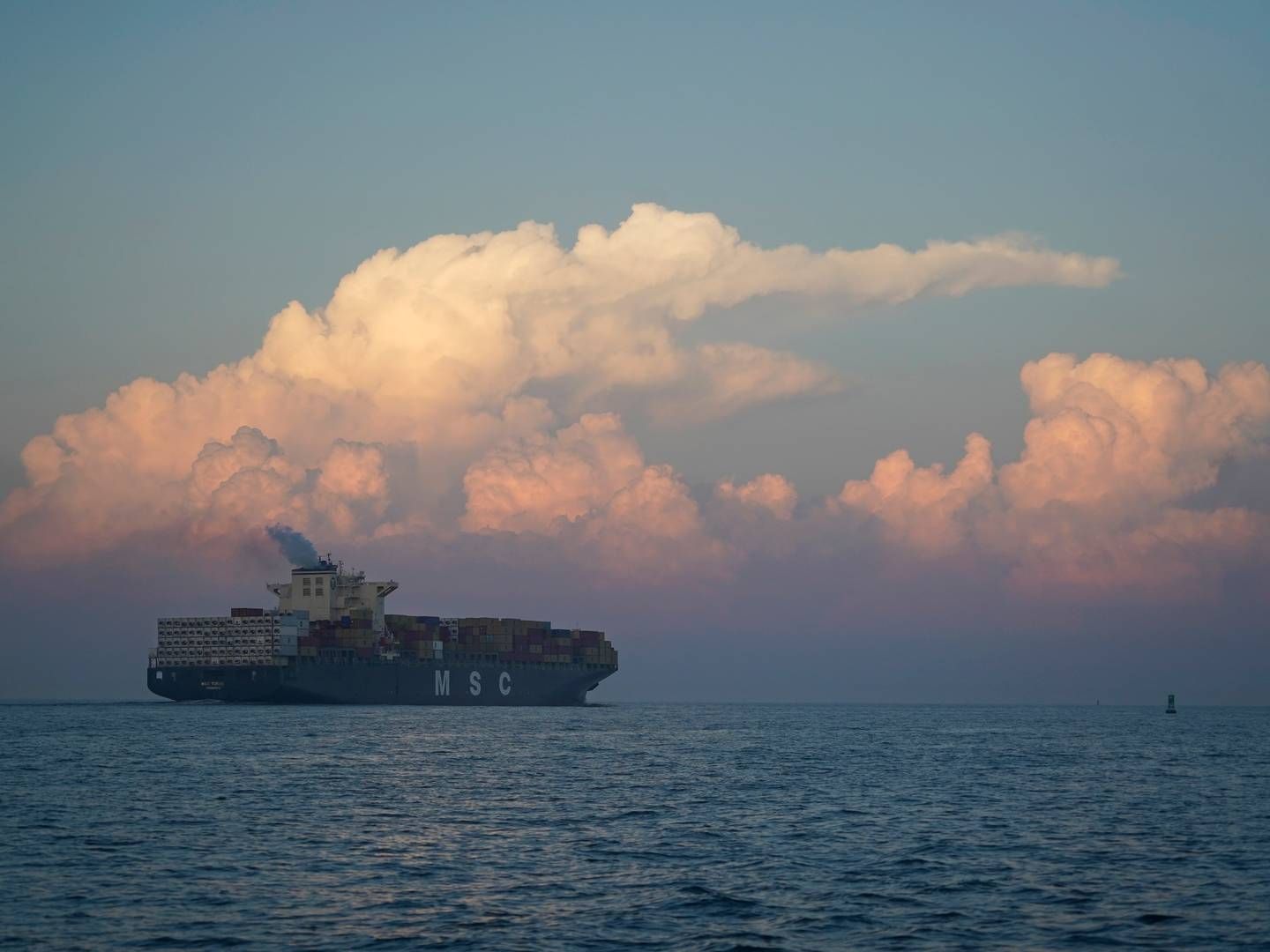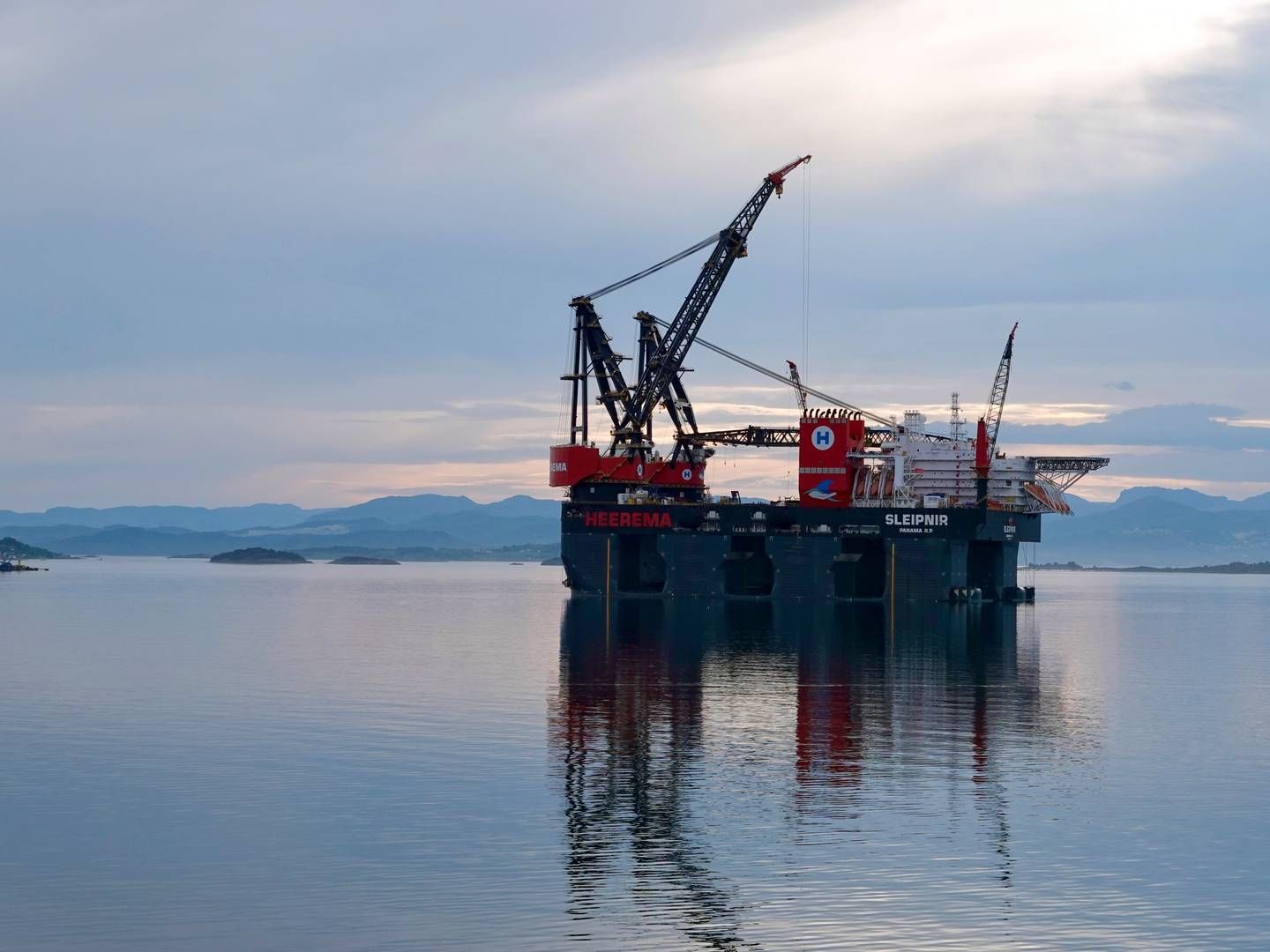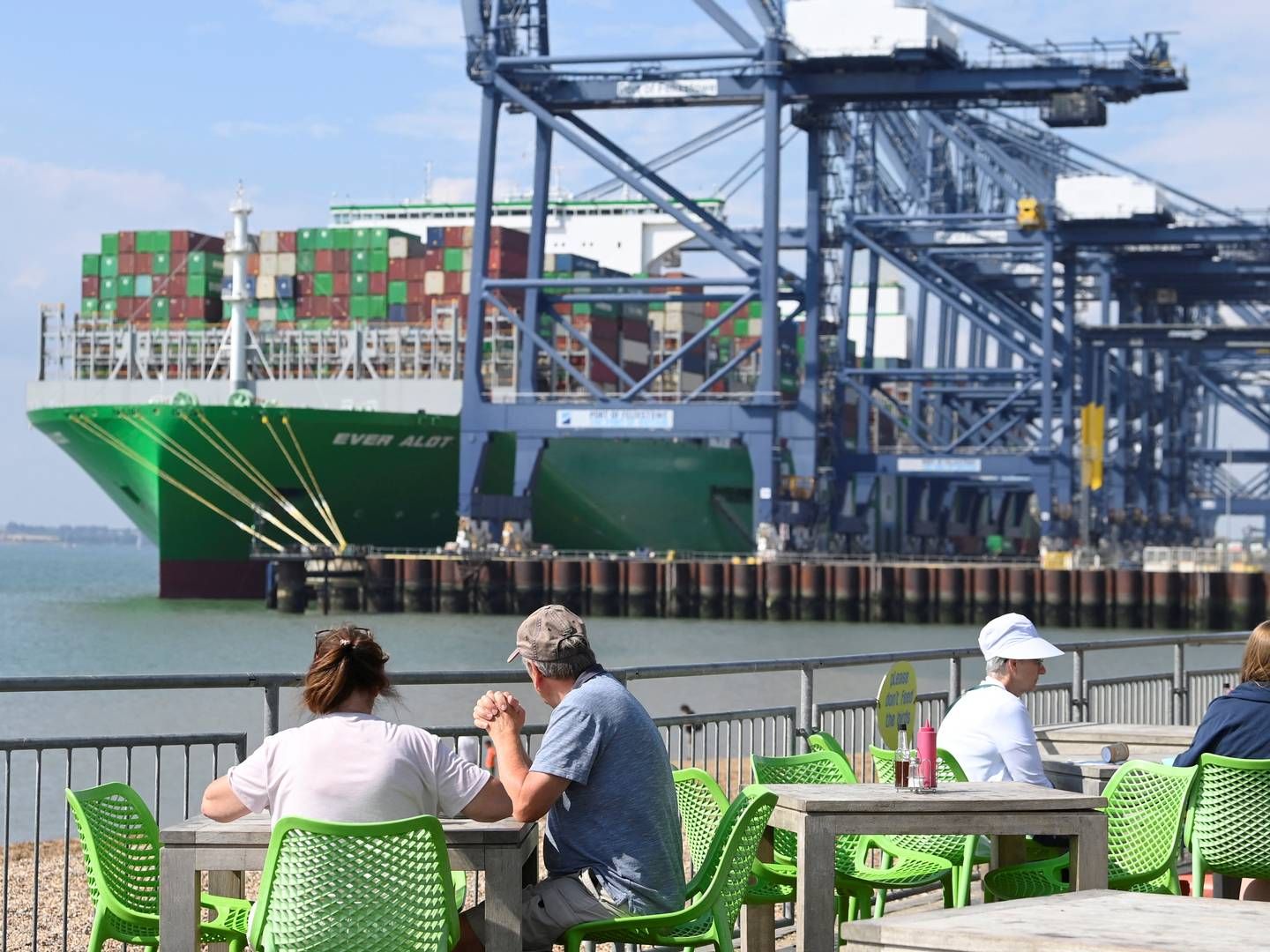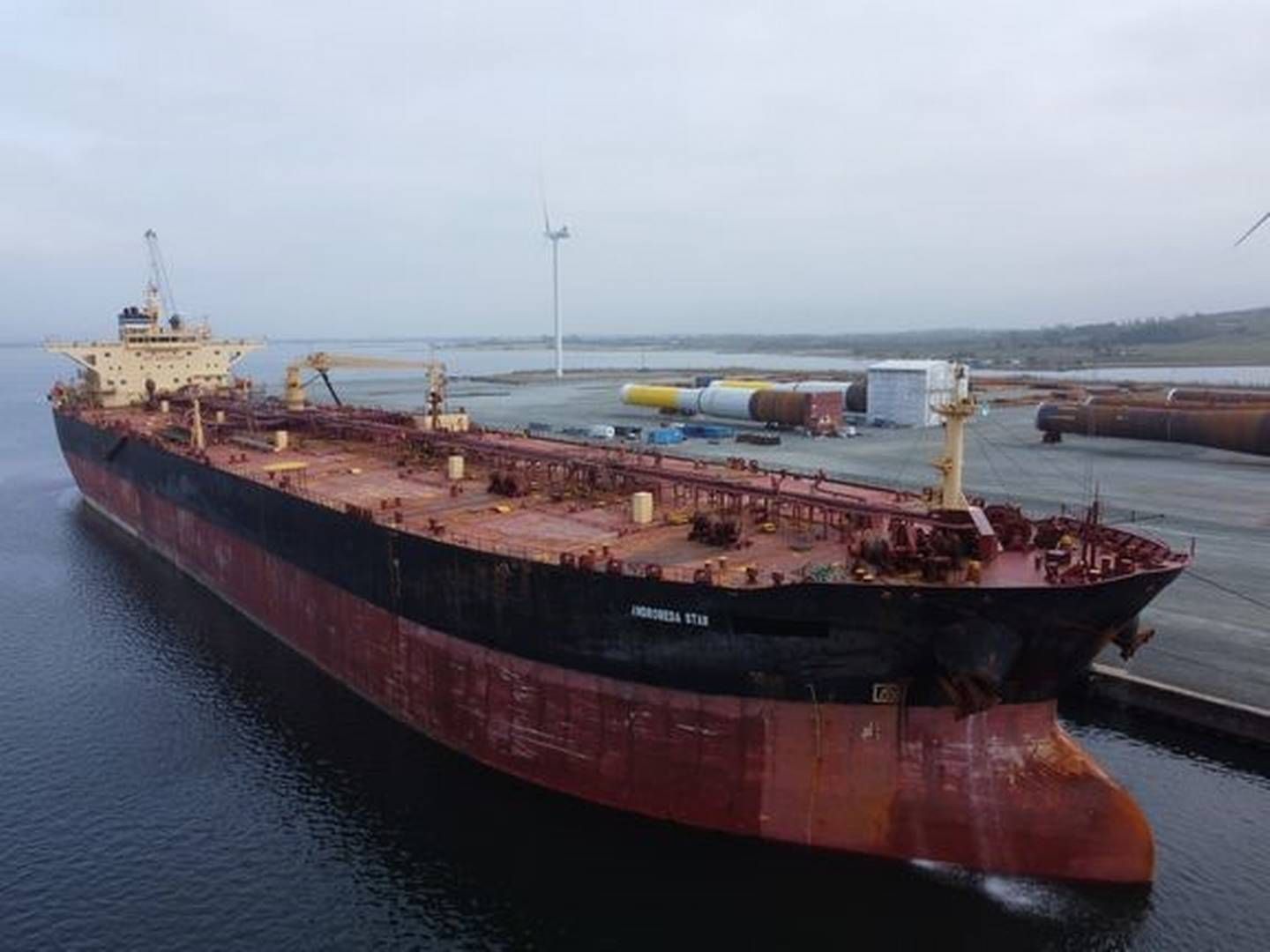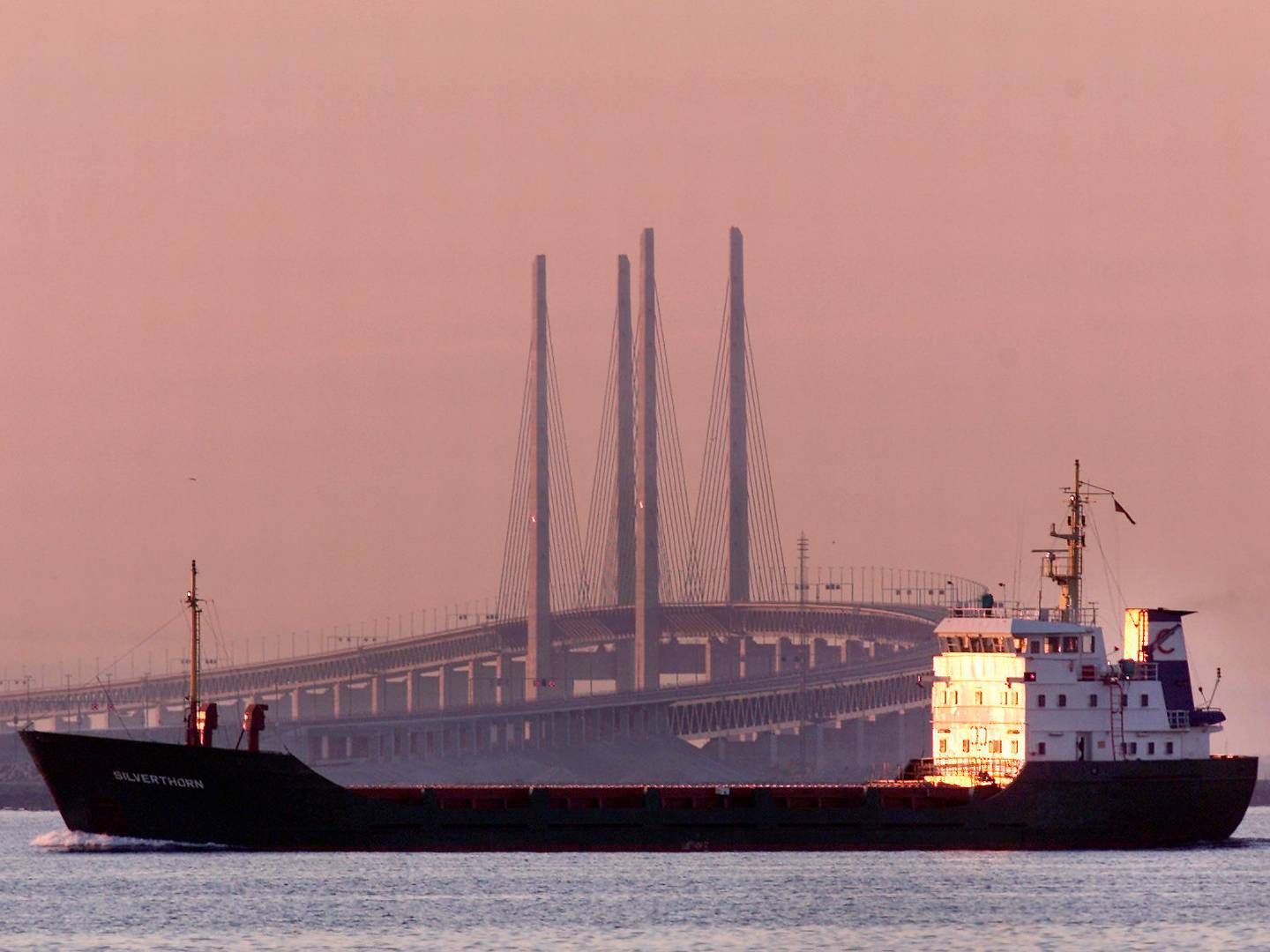"Climate friend or foe?"

Never has so much been said and written about an intersessional meeting at the IMO as was done during the intersessional working group meeting last week.
The release of a report from InfluenceMap pointing at the industry influenced lobbying at IMO and the shipping industry to be responsible for the slow pace at IMO when it comes to CO2 reduction agreements certainly ignited several discussions.
Without going into detail of the report I would highlight two points: First, provided that it is based on solid and data driven arguments lobbying per se is a completely legitimate part of modern decision making.
The industry experts’ involvement as advisors during IMO meetings improves the often very technical legislation on safety and environment for global shipping. Secondly, the international shipping industry i.e ICS, BIMCO, Intertanko and Intercargo, also known as the Roundtable Organizations, came into last week’s negotiations with a united, well prepared and ambitious position: International shipping is fully committed to reducing its CO2 emissions, matching the ambition of the Paris Agreement. In their submission to the IMO the Roundtable Organizations propose the following three objectives:
1. To maintain international shipping’s annual total CO2 emissions below 2008 levels
2. To reduce CO2 emissions per tonne-km, as an average across international shipping, by at least 50 pct. by 2050, compared to 2008
3. Reduce international shipping’s total annual CO2 emissions by an agreed percentage by 2050, compared to 2008, as a point on a continuing trajectory of CO2 emissions reduction
The clever reader will now immediately pose the question: How do these objectives match the Paris Agreement, and the answer is, that this can only be done if all IMO members states engage and commit themselves to a robust CO2 Reduction Strategy to be finally adopted by 2023, as laid out in the already agreed timeline.
In other words: It is neither the sole responsibility of the industry nor a task that the industry can carry alone – IMO flag- and port states are key, if shipping shall deliver to the Paris Agreement on equal footing with the rest of the world.
Speaking of the rest of the world; Although the Paris Agreement was a major accomplishment which took years of negotiations to reach, the result was an agreement where countries on individual basis decide on their Intended Nationally Determined Contributions (INDCs). Thus, the commitments made by governments are not legally binding.
Secondly, the three sectors agriculture, aviation and shipping are not covered by the INDSs for various good reasons, one being that it was extremely difficult to agree on reductions within these sectors.
It is therefore a timely question to ask the critics of the shipping industry: Should shipping as industry do what no international member state organization at global level has been able to do i.e. lay out detailed proposals for binding targets as a point of departure for the negotiations?
That takes us back to the submission from the international shipping industry to the ongoing climate negotiations at IMO. The proposals are by some stakeholders seen as unambitious, but at the end of the day these proposals are far more ambitious than proposals from a strong group of IMO member states that are very reluctant to adopt CO2 reduction measures for shipping.
The result of the second Intersessional Working Group was as expected a step in the right direction, and we remain confident that when crunch time comes at the third and final Intersessional meeting in April 2018, IMO will adopt a robust strategy for CO2 reduction.
The international shipping industry will continue to contribute constructively, and no matter how you look at it will continue to be more ambitious than the group of IMO member states that do not have proposals which includes concrete targets. So who is the climate friend or foe? You decide.



